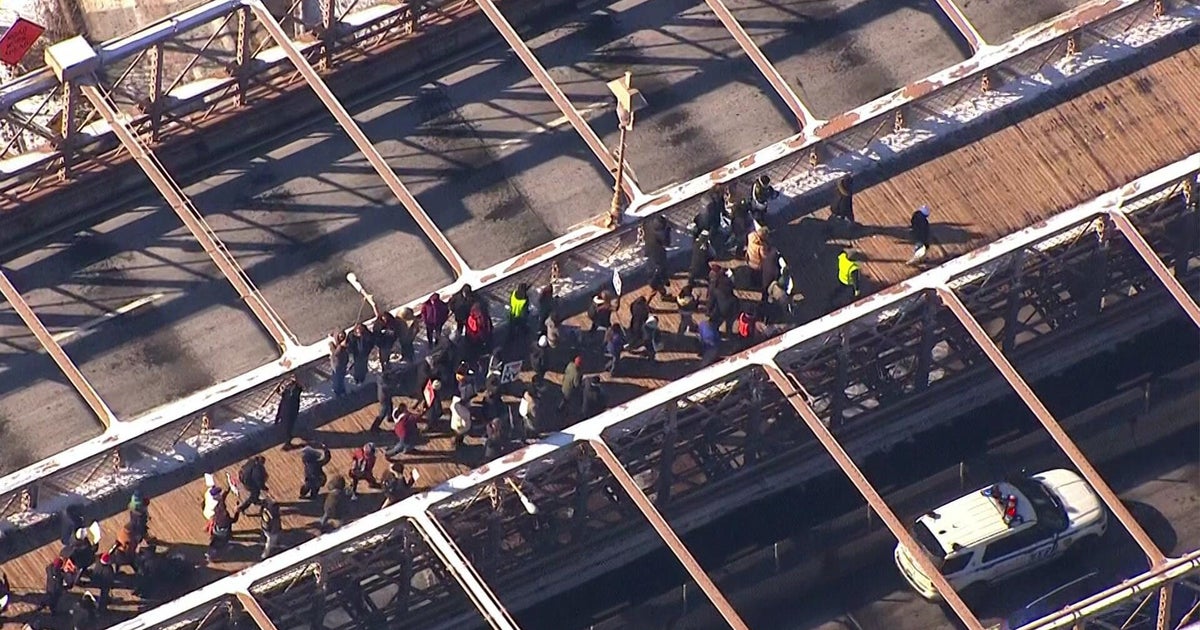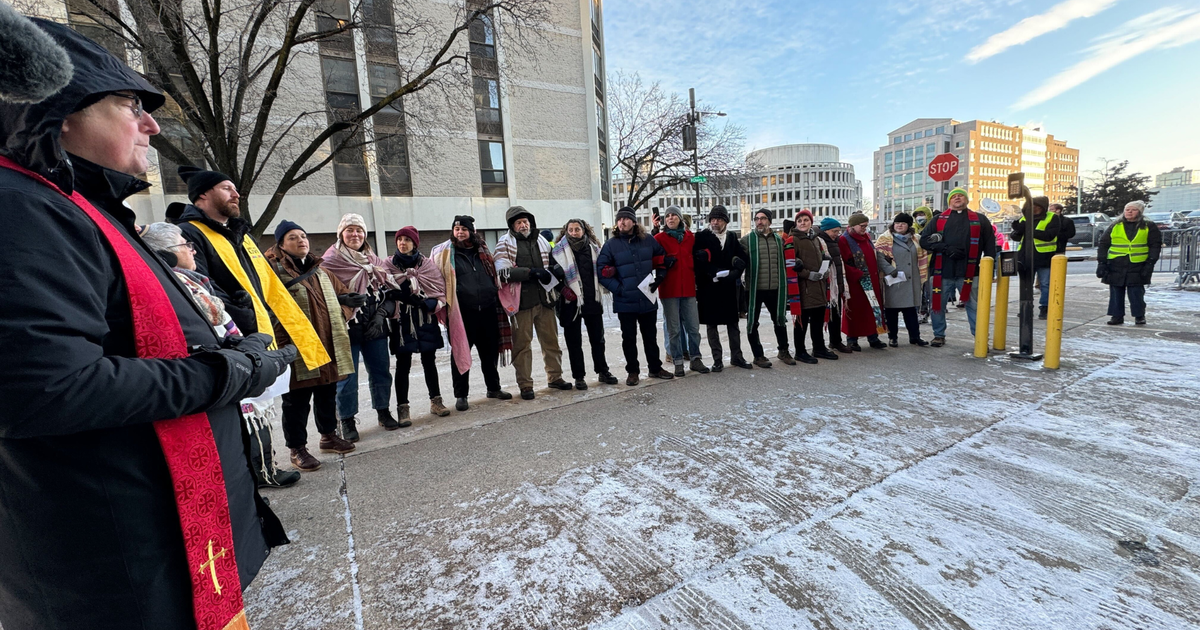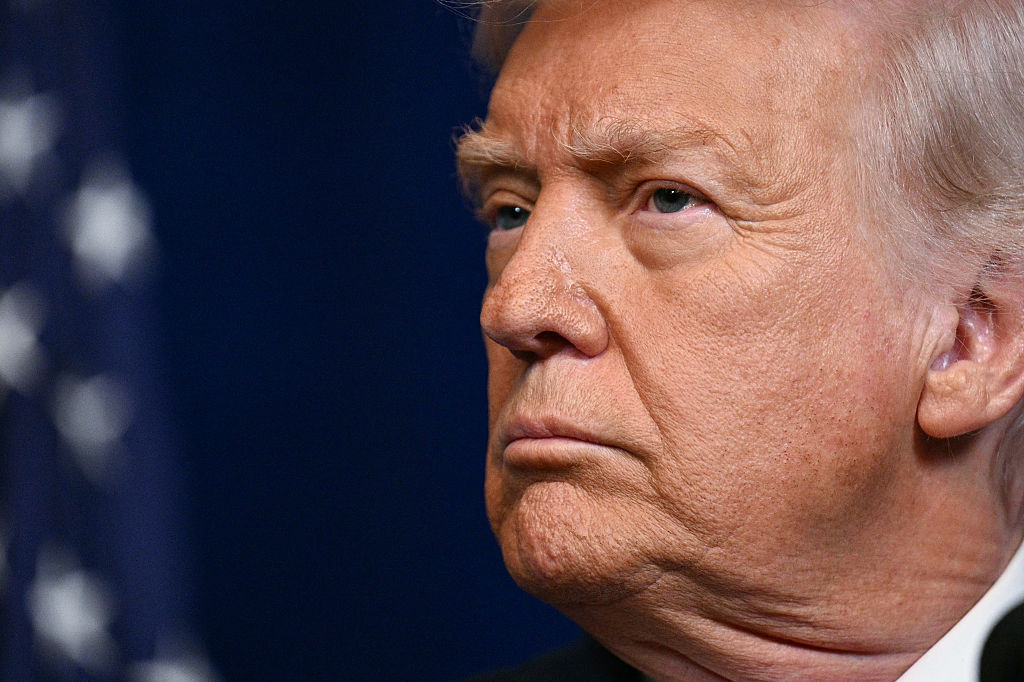Rise of extreme nationalist groups in Germany brings a return of anti-Semitic acts
BERLIN — The world watched with alarm this week as far-right protesters in Germany went chasing after immigrants amid word that refugees from Iraq and Syria were suspected in a knife attack that killed a local man. The rise of extreme nationalist groups in Germany has also brought a return of anti-Semitic acts.
Video showing a teenager in Berlin whipping a man wearing a yarmulke and shouting "Jew" in Arabic shocked many Germans this spring. The response was quick, with people of different faiths donning yarmulkes in solidarity.
German police received more than 400 reports of anti-Semitic attacks in the first half of this year, which is 10 percent more than the same period last year.
"It happens everywhere in Germany," said Wenzel Michalski.
He and his wife Gemma said their son was bullied by kids at school because he's Jewish.
"Three-and-a-half months of really terrible, anti-Semitic abuse, both verbal and physical," Gemma Michalski said.
Their son agreed to an interview, only if CBS News hid his face and altered his voice. He said they pushed and kicked him, and shot at him.
"It was a fake gun, but it was very realistic, and he was really, really frightened," Gemma Michalski said.
To tackle the reported rise in attacks, Germany has appointed its first anti-Semitism commissioner, Felix Klein.
"In spite of all our efforts, anti-Semitism is still existing," he said.
Those efforts include building a Holocaust memorial in Berlin. But while statistics show the far-right carries out nearly 90 percent of assaults on Jews, Klein said Muslim refugees, like the teenager caught on camera, are increasingly behind anti-Semitic attacks. Since 2015, Germany has taken in hundreds of thousands of them.
"These people who were raised in countries where hatred toward Israel and towards Jews is very common," Klein said.
The Michalskis believe Germany should do more to teach all kids about the dangers of discrimination.
"There's a new generation growing up, and becoming adult, who are racist and anti-Semitic and you could stop it," Wenzel Michalski said.
To do that, they said Germany has to stop burying its past under monuments, and build a future of tolerance.





